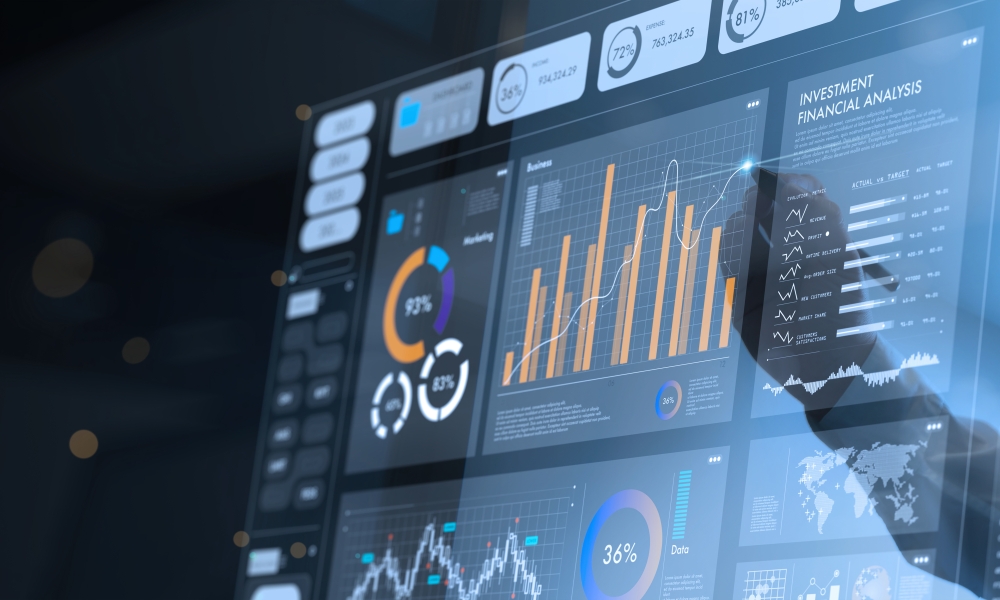For architects, managing complex projects efficiently while ensuring high-quality outcomes is essential. As architectural projects often involve multiple stakeholders, complex timelines, and numerous revisions, the right project management software (PMS) can be a game-changer. It helps streamline workflows, improves collaboration, and keeps projects on track. However, with many software options available, it’s crucial to know which features will truly benefit your architectural firm. Below are the must-have features in project management software for architects.
Task and Milestone Management
One of the core features to look for in project management software is the ability to manage tasks and milestones effectively. Architectural projects often consist of multiple phases, from concept design and client approvals to construction and final handover. PMS should allow architects to break the project down into manageable tasks, set deadlines, and assign responsibilities to team members. Visual tools like Gantt charts and Kanban boards help track milestones and provide an overview of the project’s progress, ensuring tasks are completed on time.
Document Management and Version Control
Architects work with a large volume of documents, including design files, contracts, proposals, and blueprints. Effective document management is essential for ensuring that everyone is on the same page and working with the most up-to-date materials. Look for project management software that provides cloud-based document storage, file sharing, and version control. This ensures that files are organized, accessible to the team, and that previous versions of documents are easily retrievable, reducing the risk of errors due to outdated information.
Collaboration Tools
Collaboration is key in architectural projects, as many stakeholders are involved, including clients, designers, engineers, contractors, and consultants. A project management platform should offer collaboration tools such as messaging, file-sharing, and commenting on documents. This enables real-time communication and ensures that all team members and stakeholders are aligned. Architects can share progress updates, request feedback, and address any issues promptly, which helps prevent delays and miscommunication.
Resource Allocation and Scheduling
Efficient resource allocation is essential for managing time, materials, and personnel effectively. Project management software should allow architects to allocate resources based on project requirements and monitor their availability throughout the project timeline. Features like resource scheduling help ensure that the right people are assigned to the right tasks, preventing overburdening team members or resource conflicts. This ensures smooth progress and helps meet deadlines without overextending your resources.
Budget and Cost Management
Managing budgets and costs is critical in architecture, as many projects have tight financial constraints. A good project management software should include budget tracking and cost management tools. These tools allow architects to set a project budget, track expenses, and monitor progress in real time. Whether it’s for materials, labor, or unexpected costs, the software helps prevent budget overruns and provides a clear picture of financial status. Having this feature integrated into the PMS ensures that you can make quick adjustments if necessary.
Client Access and Approval Workflow
Client satisfaction is essential for the success of any architectural project. Therefore, project management software should allow easy and transparent communication with clients. Look for a tool that offers client portals, where clients can view project progress, approve designs, and provide feedback. These features enable architects to collaborate closely with clients, ensuring that any changes or revisions are implemented quickly and efficiently, reducing the chances of misunderstandings or delays.
Find the right Project Management Software for Architectsto manage their projects efficiently, stay organized, and collaborate effectively with clients and stakeholders. Key features such as task management, document storage, collaboration tools, resource allocation, budget tracking, and integration with design software are essential to ensuring the smooth execution of architectural projects. By selecting a project management platform that offers these features, architects can streamline their workflows, reduce errors, and ultimately deliver high-quality projects on time and within budget.


